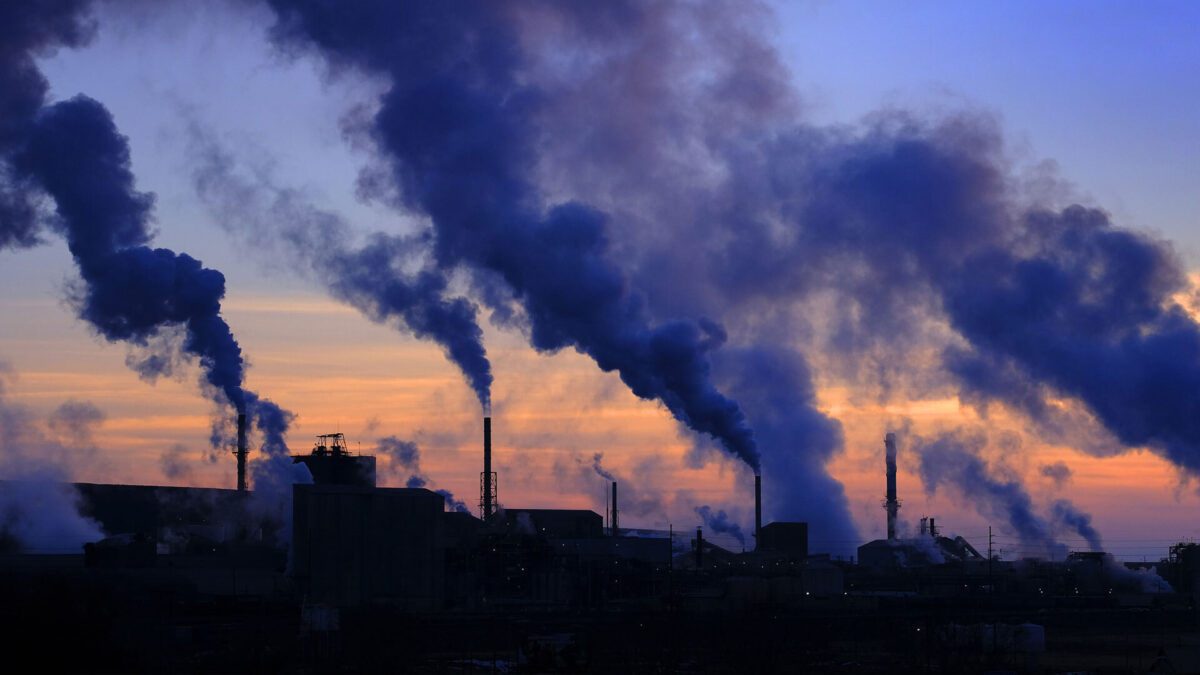As temperatures fall and energy prices rise, should government be stepping in, or will the market work it out?
IN BRIEF
- Petrol and power prices remain high, following the Ukraine invasion and reduction in supply.
- Governments have stepped in to try and manage the market, in the face of higher cost of living.
- Healthy competition is still the best way to ‘manage’ the energy market, and higher prices increase the incentive to transition to renewables.
Sharply higher energy prices have been making significant inroads into people’s budgets. The big reason is the rise in prices following the Ukraine invasion, when Russia and its fellow travellers in the Organization of the Petroleum Exporting Countries (OPEC) oil price rort reduced supplies at a time when post-COVID demand had been strengthening in any event. The world price of a barrel of oil went from around US$52 pre-COVID, and around US$88 pre-invasion, to a peak of US$123 in the middle of last year.
Prices have come down since, but we’re still feeling the effects.
In the December quarter, petrol prices in Australia were nearly 25% higher than they’d been three years earlier, and in New Zealand they were almost 17% higher, while higher energy costs have also aggravated price rises in other areas such as international airfares and domestic heating.
Government intervention
Inevitably fuel and power prices have also become a political problem on both sides of the Tasman. Australia has brought in price caps on coal and gas, partly to help consumers and partly to prevent non-oil energy suppliers making out like bandits on the back of the OPEC price surge. In New Zealand, the government has cut excise taxes on petrol by 25 cents a litre – in Auckland that was worth some 8% off the forecourt price – and while initially planning to reverse the cut the politicians have found it electorally important to keep it running after all (currently till the end of June).
You have to feel some sympathy for the two governments. They’ve had to scrabble around at short notice for policy ideas that might help bring inflation back down to where both countries’ central banks would prefer it, and take some pressure off household budgets that were already under stress. Paying a small fortune for a fill-up at the pump was yet another big bill when wages weren’t keeping pace with inflation, and when a lot of folks were looking down the barrel of significantly higher mortgage bills.
And to be fair, they’ve avoided some of the policy shockers that some countries have perpetrated. In the UK, for example, over 30 electricity retailers have gone bung when caught between the immovable rock of regulated retail prices and the irresistible force of soaring wholesale prices. In Australia, the Australian Energy Regulator (AER) has allowed big increases in the regulated ‘default’ rates that retailers offer to customers who don’t have the wit to shop around. The retailers will, on the current proposal, be able to raise prices by some 20% from 1 July and so recoup their higher wholesale costs.
We’ll pay for it somewhere
Well-intentioned as they have been, the policies nonetheless are at best stopgaps. Normally disputatious economists agree, by sizeable majorities, that price controls are generally a bad plan (other than in the regulation of monopolies). New Zealand’s excise cuts are both expensive – the extension to June will cost nearly NZ$720 million – and regressive: the big winners are those with big cars. And it’s an illusion to suppose that the money that the OPEC racketeers have gouged out of us can be magically wished away. Governments can reduce the price on the forecourt, but consumers will end up paying the bill for temporary subsidies through higher taxes later on.
“Governments can reduce the price on the forecourt, but consumers will end up paying the bill for temporary subsidies through higher taxes later on.”
It’s easy for those of us who don’t have to make the hard decisions to snipe from the sidelines about quick fixes made on the hoof; more constructively, what would a sensible longer-term strategy look like?
The needy need to come first
If you’re minded to help hard-up families, the first element is to do it in a more targeted, less distortionary way. Don’t splash cash on every petrol pump and power bill: better to make one-off cash payments to the most hard-up groups, which not only avoids making filthy fuels cheaper, but leaves the decision about how to juggle the household budget to those best placed to judge: the families themselves.
We need competition
The second element would be to maintain workably competitive energy markets. Some people feel power has become too important to be left to ‘the market’ – Victoria and New South Wales are flirting with state governments getting back into the electricity business – but that would be a step backwards. The best guarantor of energy availability at efficient prices – as it is for many other goods and services – is a well-functioning private sector market that is free to respond to price incentives and to customer requirements.
We need to continue to regulate the bits where effective competition isn’t on – monopoly elements like the national grid and regional distribution lines – and ideally incentivise or mandate increased resilience in their already stressed networks, and we need the AER/ACCC (Australian Competition and Consumer Commission) and Electricity Authority/Commerce Commission combos to ensure fair play. Otherwise we should let the market work its usual magic.
Workably competitive markets don’t function as well as they might if there are large barriers to entry – incumbents get to slack off and charge too much – so a further element would be making entry easier for new renewable sources of energy like hydro, wind, solar and tidal. Offshore wind farms, for example, were not even legal in Australia until December 2021: how slow was that? And both countries could usefully accelerate the consenting process so that NIMBYs (not in my backyard) can’t hold up wind or solar farms.
A silver lining
The final element would be to get serious about using energy prices to accelerate our carbon transition. When there are what economists call ‘negative externalities’ – unwelcome side effects from something, such as greenhouse gas emissions from fossil fuels – the right policy is to put a tax on it (and conversely where something has a good side effect, subsidise it). As well as discouraging consumption, higher fossil fuel prices also make it more economic to develop renewables.
For now we’ve gone down a path of making carbon-based fuels either outright cheaper (New Zealand) or cheaper than they would have been (Australia). This is completely backwards. Helping household budgets today makes for a hotter planet tomorrow? That’s not a sustainable plan.













